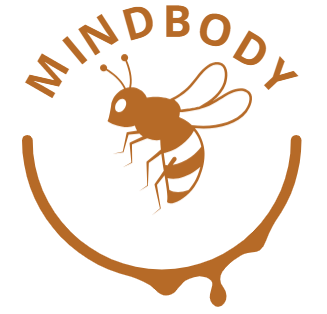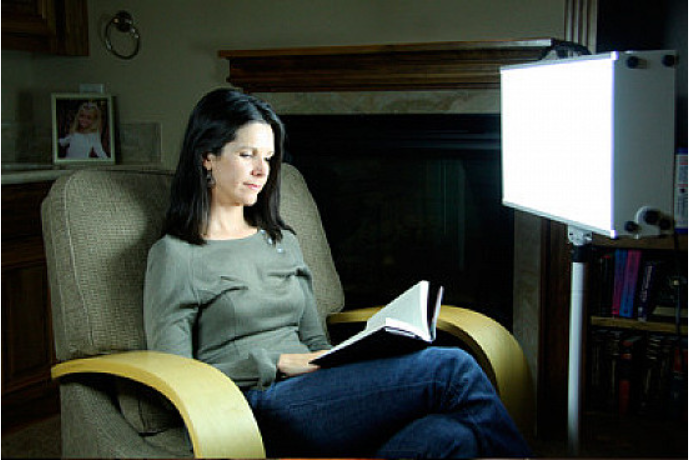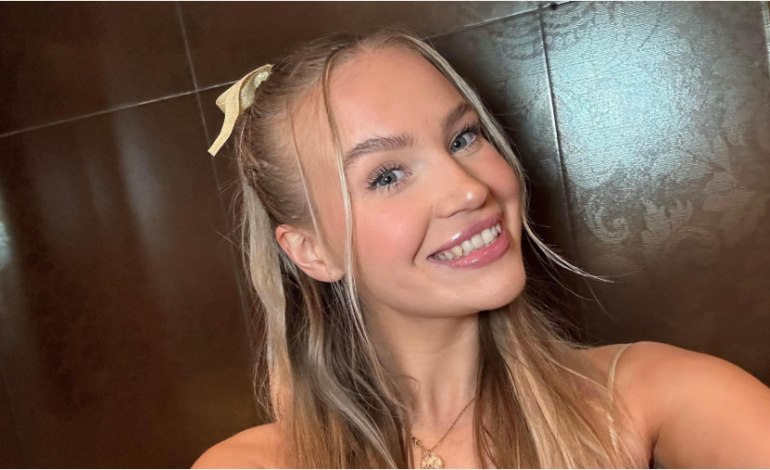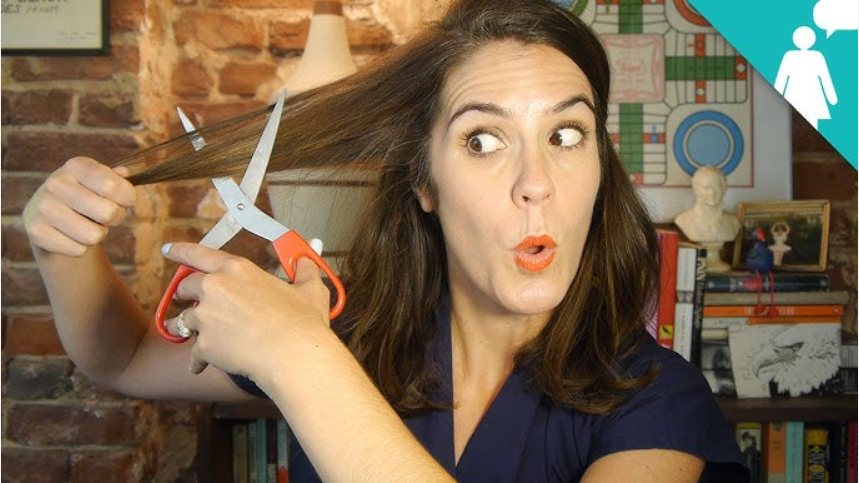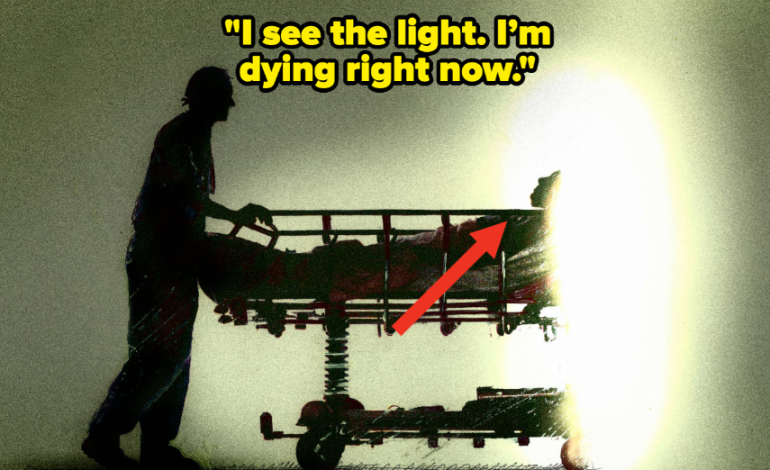
I Asked AI to Predict When I’ll Die, and I Have No Regrets
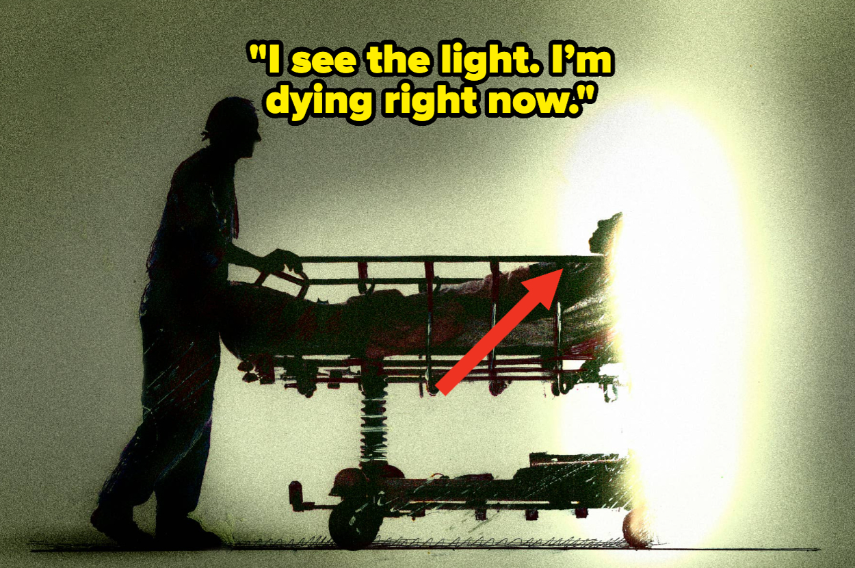
November 7, 2094. Mark that date, because according to AI, that’s when I’ll be 95 and, well, kicking the bucket. It comes courtesy of the “Death Clock” app, created by Brent Franson. This app predicts your approximate time of death based on a range of factors, including your lifestyle. Franson explains that it uses an AI trained on nearly 1,200 longevity studies to calculate your death date based on how you’re living right now. It also gives you a glimpse of how much longer you could live if you make some lifestyle changes.
While sharing your death date might sound a bit morbid, the app isn’t all doom and gloom. In fact, its goal is to help people extend their lives. Franson says the idea is to make it easy and fun for people to take steps toward living longer, healthier lives. He personally finds that knowing life is short motivates him to be present and make healthier choices.
How Does Death Clock Work?
Curious and a bit nervous, I decided to try the Death Clock calculator myself. The app asks 29 simple multiple-choice questions covering areas like your exercise habits, diet, relationships, and mental health. It took me about five minutes to complete, and then I anxiously waited for the result.
The first time I used the app, it predicted my death at 91 in December 2090. Back then, I was more stressed, eating processed foods, and in a relationship. When I tried it again a month later, I was eating better, working out more, and spending more time with friends. This time, it predicted I’d live well into my 90s. I was surprised because I thought I’d be lucky to make it into my 80s—or even late 70s. After the initial relief, though, I started wondering: What will my quality of life be like in my 90s? Will I even want to live that long?
This is where Death Clock really delivers. Not only can it suggest ways to help you live longer, but it can also guide you toward living a more enjoyable life. The app provides a personalized plan based on your results, offering advice on lifestyle changes, medical screenings, and even supplements. It’s a free three-day trial to access all the details, but after that, the full evaluation costs $15 per month or $60 a year.
Things to Keep in Mind
While Death Clock uses a lot of data to make predictions, it’s important to remember that it’s not a replacement for medical advice. Though its algorithm is based on expert studies, it’s not officially endorsed by healthcare professionals. It’s always a good idea to talk to a doctor before making major changes to your diet or lifestyle, or before starting new supplements.
One thing I noticed is that while the app asks for some concrete details like blood pressure and family health history, it doesn’t go into as much depth on chronic conditions. It’s also worth noting that no test can 100% predict when you’ll die. That said, the app does focus on key factors that influence longevity, and based on that, I think its predictions are fairly accurate. Just keep in mind that longevity is complicated, and a quick questionnaire can’t capture everything.
What Experts Say
If you’re serious about learning more about longevity, experts recommend going beyond an app and checking reliable sources like peer-reviewed medical journals or trusted health organizations like the World Health Organization (WHO) or the CDC. Dr. Maria Teresa Anton, an endocrinologist, advises looking for well-established medical institutions and certified health professionals when researching longevity. She warns against trusting anecdotal evidence or sites that promote “miracle cures” since they often lack scientific backing.
My Death Clock Results
For me, Death Clock suggests that I’m most likely to die from chronic diseases, stroke, or other preventable conditions. Some of the key areas for improvement include getting better sleep, eating less processed food, and increasing my social engagement. My strengths include regular exercise and no substance use.
Franson says that most people who use the app come away feeling informed and motivated. He believes that since we’re all going to die eventually, it’s best to focus on what we can do to make the most of our time. As for me, I’m not sure I have all the answers yet, but I guess I’ll check back in 69 years.
